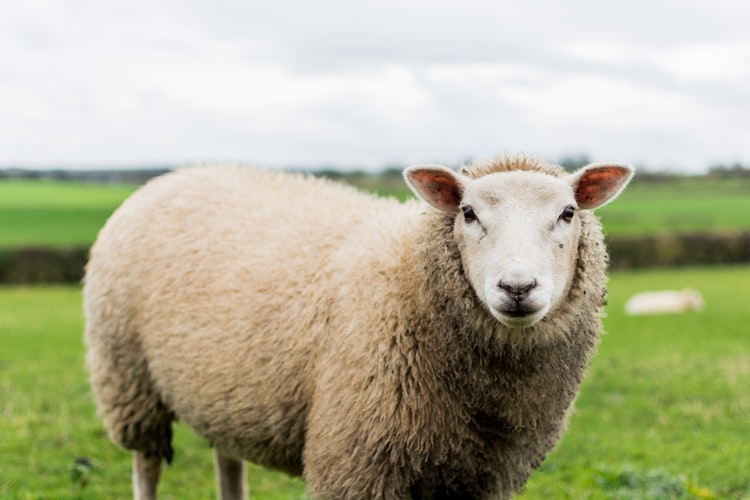
On the Mythology of Natural Selection
Evolutionary (adaptationist) explanations often do not follow any scientific principle and can be as hard to invalidate as religious explanation. For example, in a commentary in Science magazine titled How bird flocks are like liquid helium, we read -
The new model also predicts that information travels faster if the flock is well aligned, something else the team observed, Cavagna says. Other models do not predict or explain that relationship. “This could be the evolutionary drive to have an ordered flock,” he says, because the birds would be able to maneuver more rapidly and elude potential predators, among other things.
The rest of the article did not have any supporting evidence to justify that evolutionary explanation and the writer could replace it with ‘this could be the gravitation acting to have an ordered flock’ or ‘this could be distribution of solar energy acting to have an ordered flock’ or ‘this could be the God’s wish to have an ordered flock’ with no difference to the argument. However, mentioning ‘evolution’ appears to be more scientific to the audience of Science, and writer chose that way. But is that science?
Ken Weiss wrote an wonderful series on the flaws of invoking Darwin everywhere that we encourage our readers to take a look at. It explains when invoking ‘natural selection’ is scientific vs when it is used as a dogma. Links to the entire series are posted below.
Natural Selection is a deep insight, but it’s not the only explanation
However, this is all very well known. Even if chance plays some role, we do indeed need to have a mechanistic explanation for the origin of complex traits in organisms, like the fingers I’m using to type this message, the eyes that watch what I’m doing, and the brain that (hopefully) introduces some sense into it.
Natural selection has become entrenched essentially as dogma, applied to everything and uncritically when cogent specific explanations aren’t supported by much more than the author’s say-so. That’s why adaptation ‘explanations’ are widely known as Just-So stories, because they, too, verge on tautology– they’re plausible and could be true and are appealing and can’t be refuted so they’re assumed to be true as actual explanations. Most biologists, and especially others such as anthropologists and even the preponderance of the biomedical research community, not to mention the popular science press, seem to cling to natural selection as the one and only explanation, and of course as the first, middle, and last defense against creationist explanations. But that’s wrong.
It is in this sense that the deep insight of an explanation for organized traits becomes mythology. What seems to be far less known and even farther less acknowledged is that there are a diversity of other ways, other wholly material means, by which complex traits can arise than by natural selection. In this series, we’ll explore them, beginning next time with natural selection itself.
On the mythology of natural selection. Part I: Introduction
On the mythology of natural selection. Part II: Classical Darwinism
On the mythology of natural selection: Part III. Organismal selection
On the mythology of natural selection: Part IV. Functional selection
On the mythology of natural selection: Part V. Niche construction
On the mythology of natural selection: Part VI. Sexual and Group selection
On the mythology of natural selection: Part VII. Phenogenetic drift
On the mythology of natural selection. Part VIII: Complex evolution without selection?
On the mythology of natural selection. Part X: Finally: Traveling evolution’s geodesics